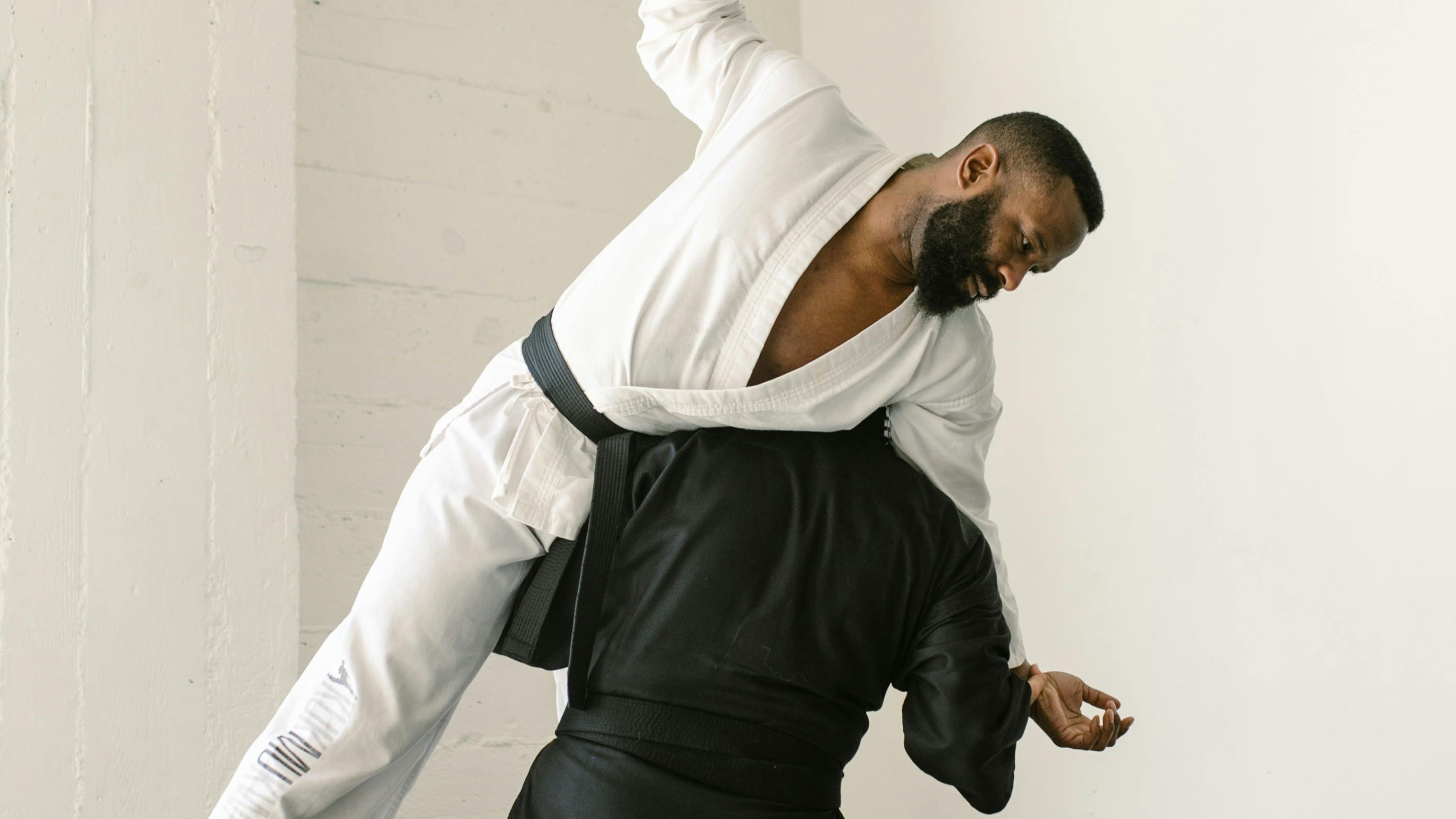Sex & Relationship Therapy
-
Talk therapy about sex, relationships, and intimacy issues
-
For individuals and those in intimate relationships (including couples, polyamorous polycules, and platonic partnerships)
-
Specialising in erotically marginalised people, including those who are neurodivergent, LGBTQIA+, kinky, queer, and non-monogamous.
New Course Alert! Learn Why Happy Couples Struggle to Talk About Sex (And What to Do About It)
Hello And Welcome!
I'm Tiga-Rose Nercessian (she/her)
I’m an accredited Sex & Relationship Psychotherapist and qualified general Counsellor. I’m also a specialist trainer in working with neurodivergent adults.
As well as extensive training, I have an innate awareness of what most people don’t look at, either because they don’t want to or can’t bring themselves to do so alone.
Personally, I am a queer, multi-neurodivergent, multi-ethnic synaesthete. These aspects of who I am form and inform me and my practice.
Using a trauma-informed approach, when we work together, it’s important that you feel heard, held, seen, and safe. My aim is to support and empower you to have happier, healthier, and more fulfilling intimate relationships with yourself and others – whatever that looks like for you.
Learn More
I'm now in a very intense and fulfilling relationship with one man and pregnant with another!"
F.H.
I channelled what you taught me about communication and got super specific about what works for me. Super fun!"
G.M.
T.W.
Want To Learn More?
Research Publications
Intimata Newsletter
Sign up for practical, helpful information, tools, and advice.
You're safe with us. We'll never spam you or sell your contact info.




















